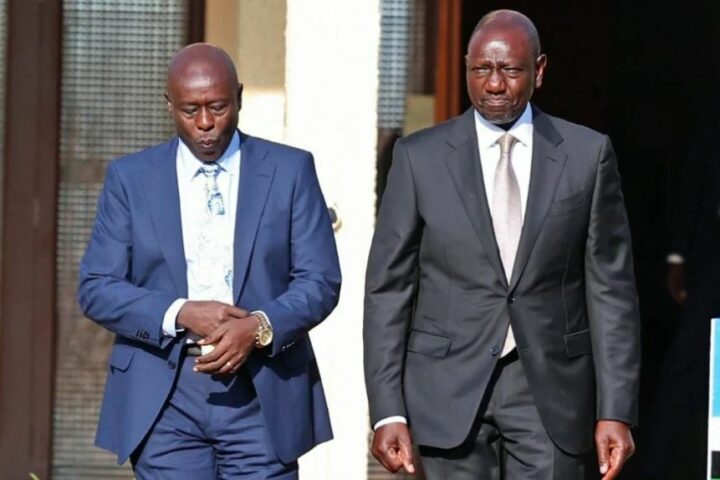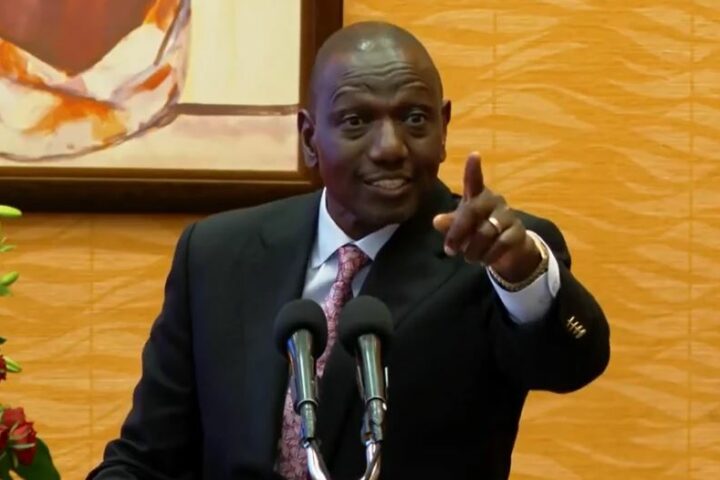
You trained as a journalist and you are now a HR practitioner. Explain the switch.
Yes, I am a trained journalist. However, I never got to follow it as a career path. I first got a job as an administrator and part of my duties was that of an HR assistant. When I changed jobs, the new company did not have human resource personnel and so with my previous experience, I started assisting with some duties. Within a short time, I was confirmed as the HR officer and eventually grew to head the department.
What did it take you to become an entrepreneur in the field?
In terms of capital, I began with zero. I just had the knowledge and a laptop. My first client wanted me to help him come up with key performance indicators for their staff. On the other hand, how much capital you need to start depends on what you are offering and where you are willing to start.
For example, if you want to offer payroll management services to companies, you may need to include the cost of payroll software as a capital cost to your business.
Before starting a business in HR consulting what should one know?
It is as challenging as any other business. A person needs to know what he or she is good at or most passionate about. Depending on your passion, you can either be a generalist, such as those who specialise in recruitment only, or be a specialised practitioner. You must understand the problem you are trying to solve and then structure the solutions.
Be aware of what is happening in other business sectors. You also need a business plan just like any other entrepreneur, including the usual organisational structures.
How does one build networks in the HR industry?
You should join professional bodies or volunteer on different committees, attend industry trainings, and become an active member on HR social media groups. My mentor often reminds me: “You have to be at the table where intellectual discussions are taking place.”
What’s the best part of your job?
This is when I solve issues both for a company and individuals. HR is dynamic and at times you can’t really tell what is coming your way. That means you always have to be in your best element. As a HR practitioner, I am the unofficial psychologist, event planner, peacemaker, lawyer, teacher, accountant and, sadly, the hangman.
And the challenges?
Delayed payments or people who want to pay peanuts just because they can. Fortunately, we are now experiencing employers who appreciate the role of human resource management in the success of their organisations.








